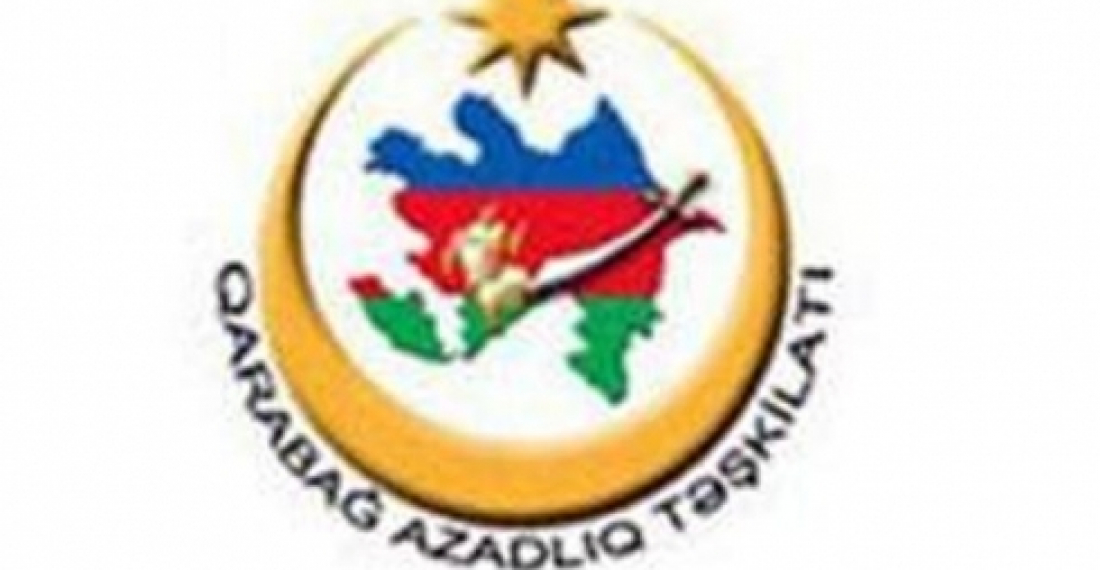It is one of the most vocal and consistently active organisations in Azerbaijan. Its leaders have been imprisoned but that has not stopped them from protesting. Embassies of different countries have been picketed by its members who also regularly gate crash international meetings, and it advocates war. But what exactly is the Karabakh Liberation Organisation? Is it a terrorist organisation, a misguided NGO, or the conscience of the Azerbaijani nation?
The KLO was established in 1993 and many of its members are veterans of the Karabakh war or come from the community of Azerbaijanis displaced by the conflict. It claims to have 10,000 members, although in truth the number of activists is quite small. The organisation dismisses claims that it is a terrorist organisation. It only advocates violence in the context of what it sees as a legitimate war that the Azerbaijani state needs to wage in order to liberate the lands it lost in the conflict in the 1990s. The KLO has on many occasions called on the Government of Azerbaijan to leave the negotiating table and start a war.
The Chairman of the KLO is Agif Nagi, a historian who in recent years was imprisoned on numerous occasions for his activities within the organisation. In July 2010 Nagi was interviewed for the project "Karabakh: The big debate". Nagi stated that the position of the KLO "is that the conflict started as a result of Armenian agression and that they used the Armenians living in Nagorno-Karabakh as a pretext." Nagi criticised the OSCE Minsk Group, demanded that they recognise Armenia as an aggressor and asked the Azerbaijan government to stop all negotiations and to start a war. These views reflect a wide body of opinion in Azerbaijan, and to dismiss the KLO as a misguided NGO is not the full picture.
Many Azerbaijanis are sympathetic to the views of Agif Nagi and his supporters which is why the Azerbaijani government has tolerated the KLO, even if it keeps it on a very tight leash. The KLO has protested every time there has been a visit by Armenians to Baku, many wonder what to expect from the KLO when Armenian singers turn up in Baku next May for the Eurovision song festival.
Commonspace political editor said in a comment: "The failure of the peace process to deliver any tangible results creates conditions for organisations like the KLO to assume legitimacy in the eyes of their wider community. It is not a unique organisation, there are similar ones on both sides of the conflict divide. But the KLO remains one of the most vocal in its demands. These organisations need to be engaged in the discussion on the conflict and its resolution, whilst at the same time the folly of their demand for war needs to be exposed and challenged. This needs to be done primarily by people from within their own community. There have to be more people who stand up to support an alternative solution. The failure of the peace process to deliver even minimum results is unfortunately making this more difficult as time passes."







